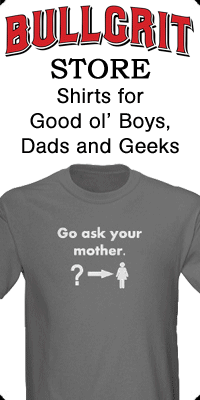Playing the Lottery
I’ve mentioned before that I play the Powerball lottery. I usually buy my ticket at the same store, just a mile or so down the street from my home. When our state first got the lottery, the whole thing was just the one game. Then came various scratch off cards. Steadily the options for scratch off cards increased, and now there are about two dozen ways to play. A sizable space on the store counter is given to the case for all the scratch off cards.
I don’t play the scratch offs. I picked up a couple different ones way back, but after seeing how they work, I have no interest in them. The scratch off cards are not really any kind of game, and you don’t really play them. The scratch off cards I’ve seen have no real game to them – no thought or choice is necessary, at all. You simply scratch off all parts of the card and see if a win is under any of them. So basically, a scratch off card is either a winner or a loser before you pick it up and scratch it. That’s not a game.
To play the Powerball lottery, you at least get to pick what numbers you want to bet on. You can use special numbers, like birthdays or anniversaries, or you can just choose random numbers. I’ve tried different methods for choosing numbers, but lately I just go random. I mark whatever numbers come to mind when I’m filling out the card.
Now, I’ll admit this way of playing a game does not require a great mind, or even any understanding of the game at all. But I’m willingly self-deluded enough (or elitist enough) to think choosing my own numbers is a more real way to play a game than just scratching silver gunk off a card that was determined a winner or looser at the printer.
If you’ve never bought a lottery ticket before, this is how it’s done—I’m only explaining this to tell the next story:
You fill out a card and then hand it to the store clerk. The clerk runs the card through a machine that scans it and prints out the actual lottery ticket. The fill-out card is useless after you have the ticket, but some people, myself included, keep the filled out card with the ticket. I fold the card around the ticket to protect it—the ticket is pretty fragile and easily damaged by moisture.
When I bought my latest lottery ticket, there was another man in the store cashing in his ticket for $3. I was back sitting in my car in front of the store when that man exited the store. He threw his old lottery card in the trash (having turned in the ticket). But he didn’t just toss it in the can, or crumple it up and toss it in, as I would have done. He stood there and tore it up into small pieces and sprinkled them around the garbage. What was that about? Was he concerned that someone would come through the trash and find the numbers he bet on? If that was his concern, how did he pick his numbers? Did he have a pattern that he thought would work, and would be worth someone going through the trash for them? Did he use some personal information for the numbers? It just struck me as odd, and maybe paranoid.
So, after he left the store, I went to the trash and rummaged through it for the card pieces . . . okay, no I didn’t. I drove away before he even got in his car. But this post was starting to seem really weak and aimless, so I thought maybe it needed something to make it interesting. But I got nothing.
Bullgrit
bullgrit@totalbullgrit.com






 Categories:
Categories: 





